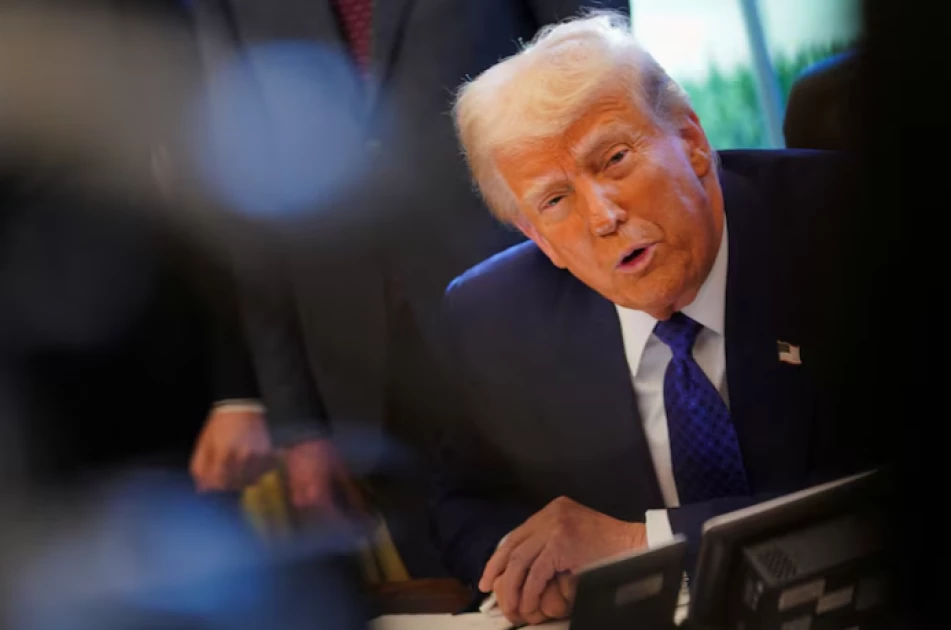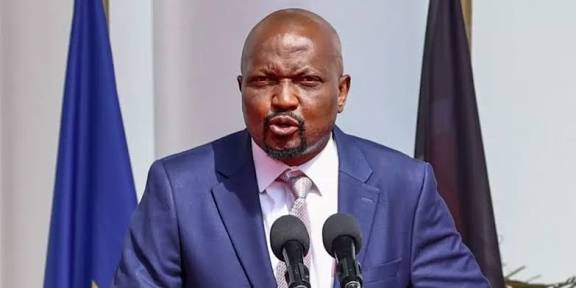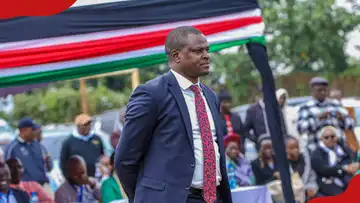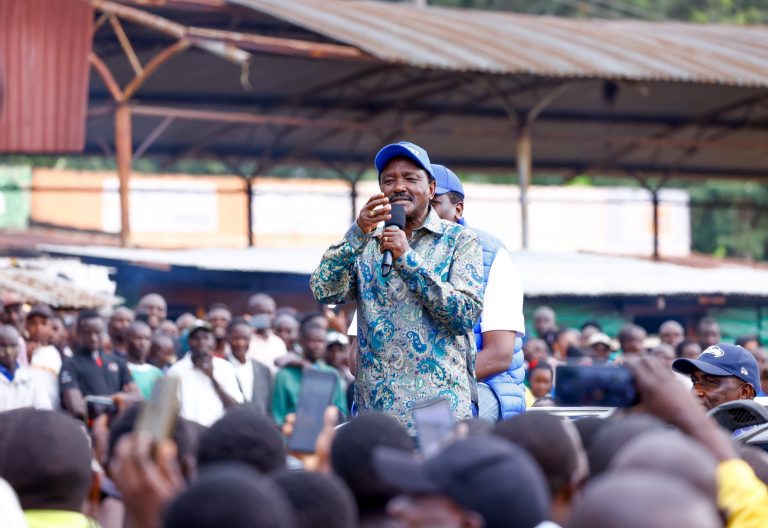
In a stunning twist that has sent shockwaves through Africa’s financial systems, the International Monetary Fund (IMF) has issued a chilling forecast—African nations, including Kenya, are bracing for a financial storm sparked by an aggressive new directive from U.S. President Donald Trump.
Trump’s abrupt move to suspend American aid and impose punishing tariffs on African exports has thrown Kenya’s economy into a state of uncertainty, with the IMF now anticipating a massive surge in emergency loan requests from across the continent.
📉 Markets in Panic Mode
The Nairobi Securities Exchange (NSE) has already felt the heat. Just hours after Trump’s tariff announcement on April 7, 2025, over Ksh37 billion was wiped from the market, with key stocks plummeting between 3.2% and 6.8%—a financial blow reminiscent of the COVID-19-era meltdown.
Kenya Under Pressure
Kenya, heavily reliant on international capital and exports, is now walking a fiscal tightrope. Yields on government bonds have soared—an indication that investors are demanding higher returns to cover increased risk. This rise in borrowing costs threatens to derail public projects, strain the national budget, and force the government to seek yet another round of borrowing.

💰 IMF Braces for the Fallout
Abebe Aemro Selassie, Director of the IMF’s African Department, made an eye-opening statement to Bloomberg:
“We’re already seeing the ripple effects. The most vulnerable nations are knocking on our doors. Kenya may not be the last.”
According to Selassie, the IMF is preparing for a wave of requests as Africa stares down a new era of trade isolationism. The international lender is reportedly shifting resources to cushion low-income nations from economic collapse.
📦 Billions in Trade at Risk
In 2023, Sub-Saharan Africa shipped goods worth Ksh3.76 trillion (USD 29 billion) to the U.S.—a vital economic artery now facing potential collapse. The United States is Africa’s largest trade partner after China, the UAE, and India.
🛑 A Warning for the Future
The IMF is also issuing a stark warning to African governments: prepare for more protectionist shocks.
“This isn’t just a U.S. issue. Other countries are signaling they may pull back too. Africa must act fast to build economic shields,” Selassie warned.
With global financial turbulence echoing the trauma of the pandemic, Kenya—and much of Africa—now finds itself caught between a diplomatic standoff and looming fiscal disaster.







